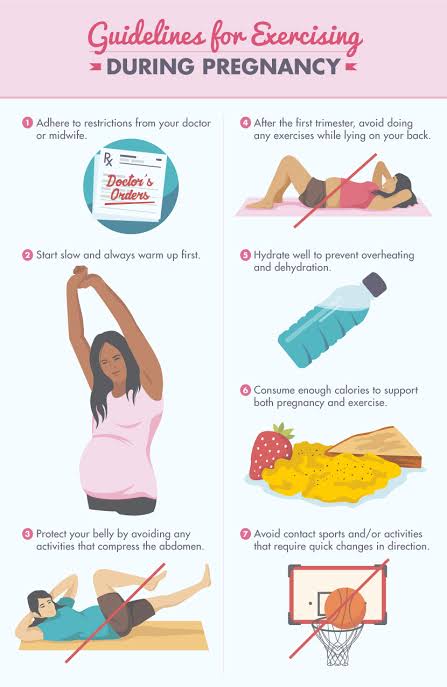Categories
HEALTH
Exercises You Can Do While Pregnant
Note: This article has been written for general information purposes and does not constitute expert advice. We recommend that you consult your obstetrician for the healthiest…
Read More

